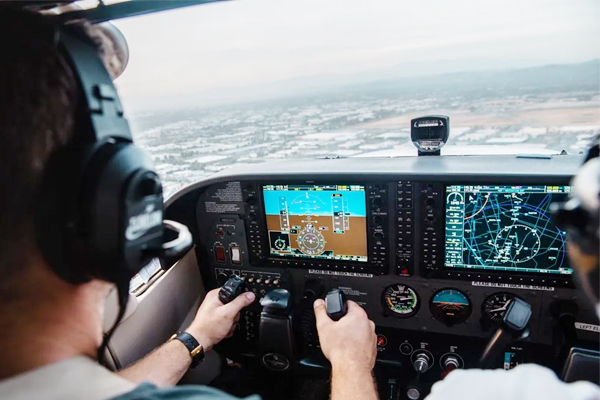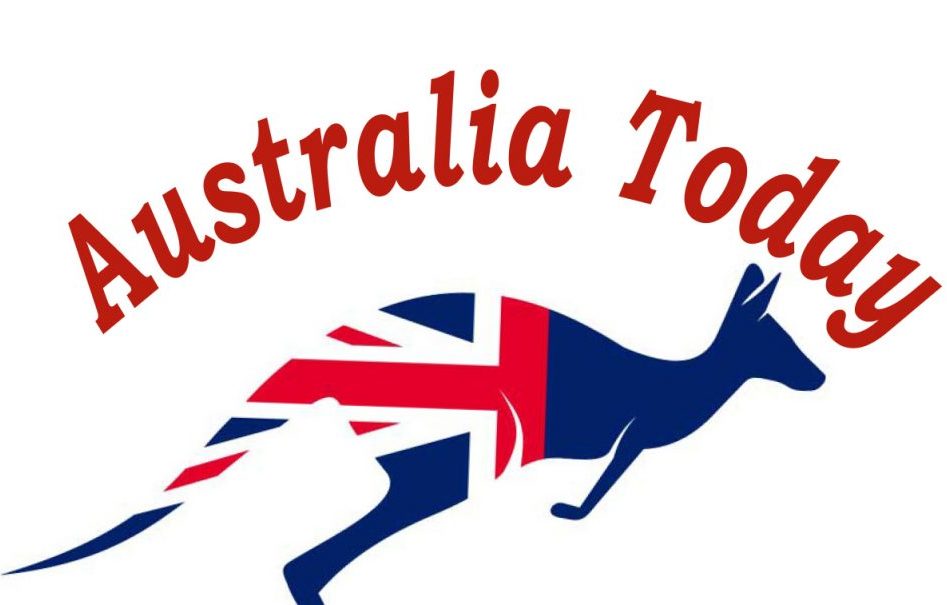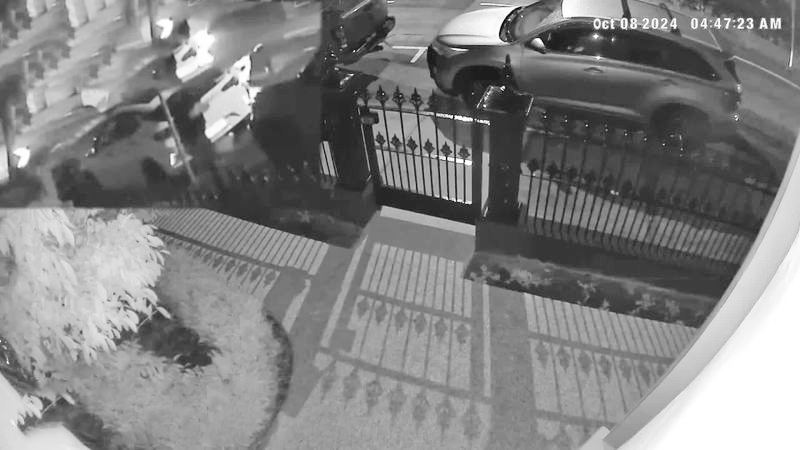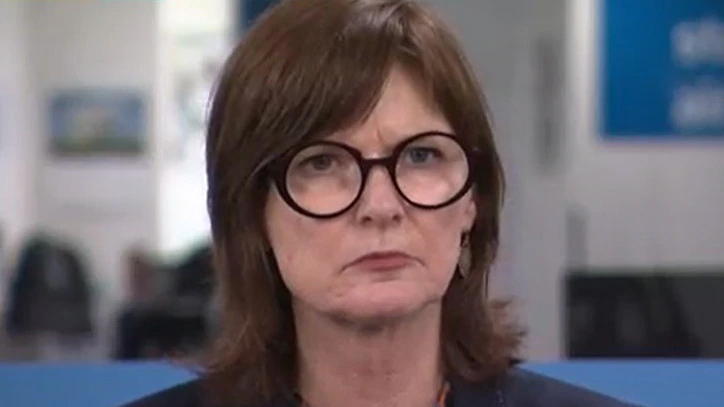
Drug Testing – Victoria
Recent Developments
Last week, mainstream media reported that a Jetstar pilot had been suspended due to drug-related issues. This suspension followed an incident in Melbourne where authorities allegedly detected traces of drugs on the first officer’s luggage.
Fairness of the Suspension
Although no drugs were found on the pilot or in his belongings, and there are no reports of him failing a drug test, some may view the suspension as excessive. Nonetheless, a Jetstar spokesperson was firm in their stance, as reported by the Sydney Morning Herald.
“We have a zero-tolerance policy towards pilots operating under the influence of alcohol or other drugs and always conduct testing in accordance with aviation regulations,” the spokesperson stated.
Historical Context and Industry Standards
While this case is notable, it is not without precedent. The aviation industry has a strict zero-tolerance policy towards drugs and alcohol due to the critical safety implications. Drug testing has previously led to significant consequences for pilots, reflecting the industry’s commitment to safety.
Background on Drug and Alcohol Testing
The rigorous approach to drug and alcohol testing for pilots began in 2002, following a tragic plane crash on Hamilton Island that claimed six lives. The investigation revealed that the pilot had been under the influence of alcohol and opioids and had cannabis in his system.
In response, the Australian Transport Safety Bureau (ATSB) recommended mandatory drug and alcohol testing for all aviation industry personnel, including flight crew, cabin crew, ground handlers, maintenance teams, and refuellers.
Role of CASA in Testing
The Civil Aviation Safety Authority (CASA) oversees drug and alcohol testing in the aviation sector. Testing can occur at any airport or aerodrome, without prior notice. CASA screens for substances including alcohol, opiates, cannabinoids, cocaine, and amphetamines. If a positive result is confirmed, the individual is barred from safety-sensitive aviation activities (SSAA) until a thorough investigation is conducted.
Comparison with Other Zero Tolerance Roles
The aviation industry’s zero-tolerance stance on drugs and alcohol mirrors policies in other high-risk industries, such as heavy truck driving and explosive handling. While most roles do not have such stringent zero-tolerance policies, drug and alcohol use is still monitored. In less critical roles, violations typically result in warnings, educational requirements, or support programs rather than immediate suspension.
In summary, while the suspension of the Jetstar pilot might seem severe given the lack of direct evidence of drug use, it underscores the aviation industry’s commitment to maintaining the highest safety standards.








